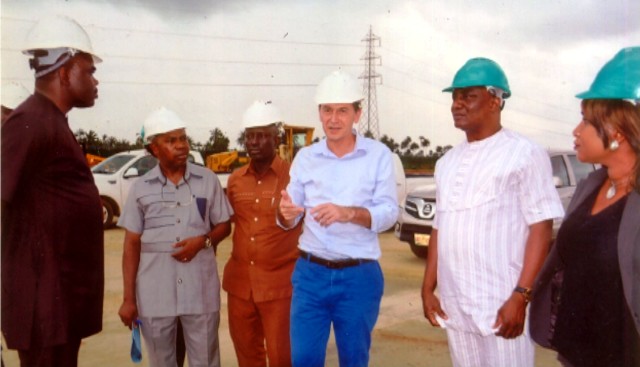Business
Lawmakers Stakeholders Want Oversight Functions On IOCs

Stakeholders including legislators and civil society activists have advocated a system where states could exercise over sight functions on multinational firms operating in their area.
They said that the unitary nature of the federal structure and national laws are making it extremely difficulty for state legislatures to carry out these functions over the activities of international oil companies (IOCs).
They made their position known in a communique issued recently after a two-day training on “Best Practice Mechanisms for Natural Resource Governance” organised in Yenagoa by a civil society organisation, the Centre for Environment, Human Rights and Development (CEHRD) in collaboration with Amnesty International, London, for members of the Bayelsa State House of Assembly.
The participants argued that over-sighting the IOCs with regard to local environmental laws and application of international best standards and practices had been hampered by overriding federal laws. “Oil companies are always quick to remind state legislators on lack of powers to play oversight roles over them”, they said.
They also frowned at the skewed nature of resource ownership in the country, saying it had excluded oil-producing communities in the Niger Delta region.
They complained about lack of accountability by the oil companies and non-transparency in the award of oil blocks and contracts.
The stakeholders further expressed dismay that “the Petroleum Industry Bill is still gathering dust at the National Assembly”, many years after it was first introduced.
They called for constitution amendment to give state legislatures oversight powers over activities of the IOCs operating in their domain in order to regulate their activities and protect their local environment.
Participants at the training included Konbowei Benson, speaker, Bayelsa State House of Assembly, principal officers of the House, chairmen of committees, members of the House, clerk of the House, legislative assistants, major principal staff of the House and representatives of key CSOs in the state.
At the final session of the forum, resource persons including Tari Dadiowei and Bolaji Babatunde presented papers on “Global Memorandum of Understanding (GMoU) As a Tool for Conflict Management in the Niger Delta: The Imperative of Partnering with the Legislature” and “Monitoring the Compliance of Oil Companies with the Environmental Impact Assessment Mechanisms”, respectively.

